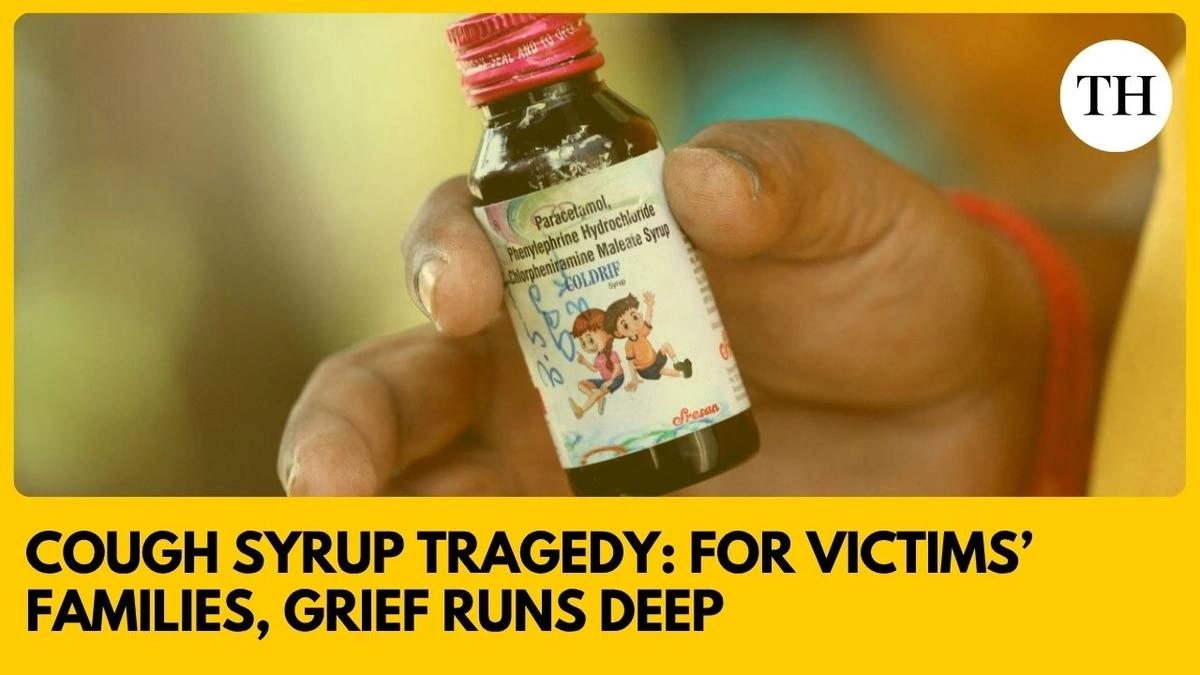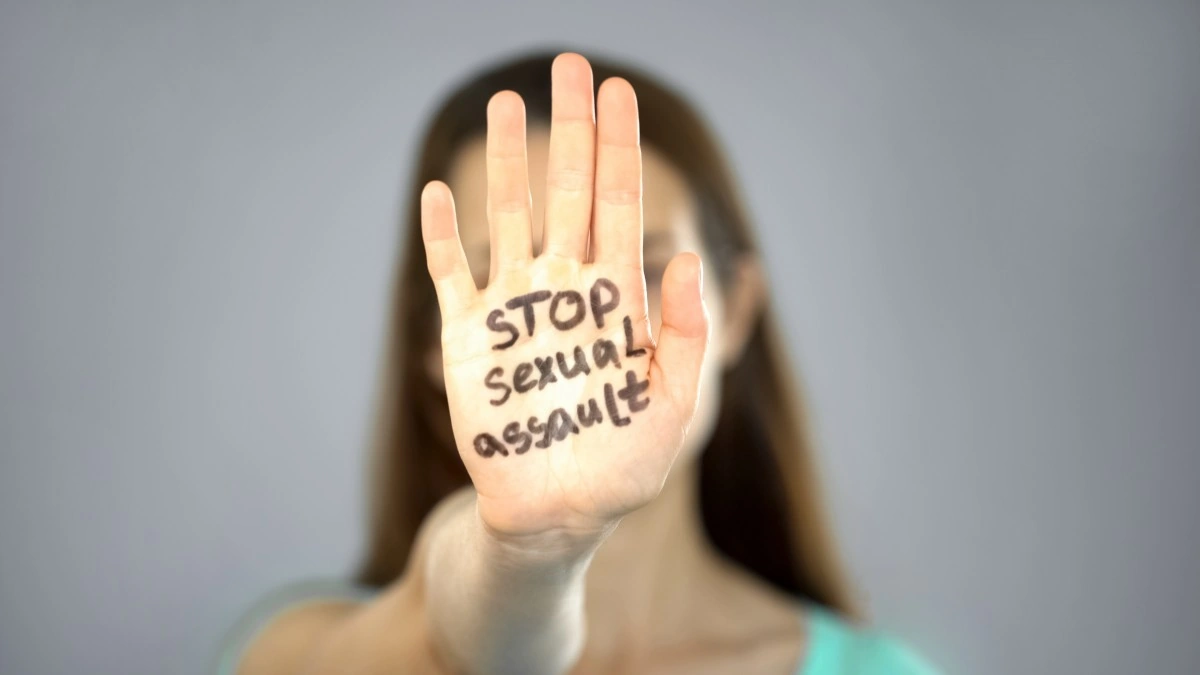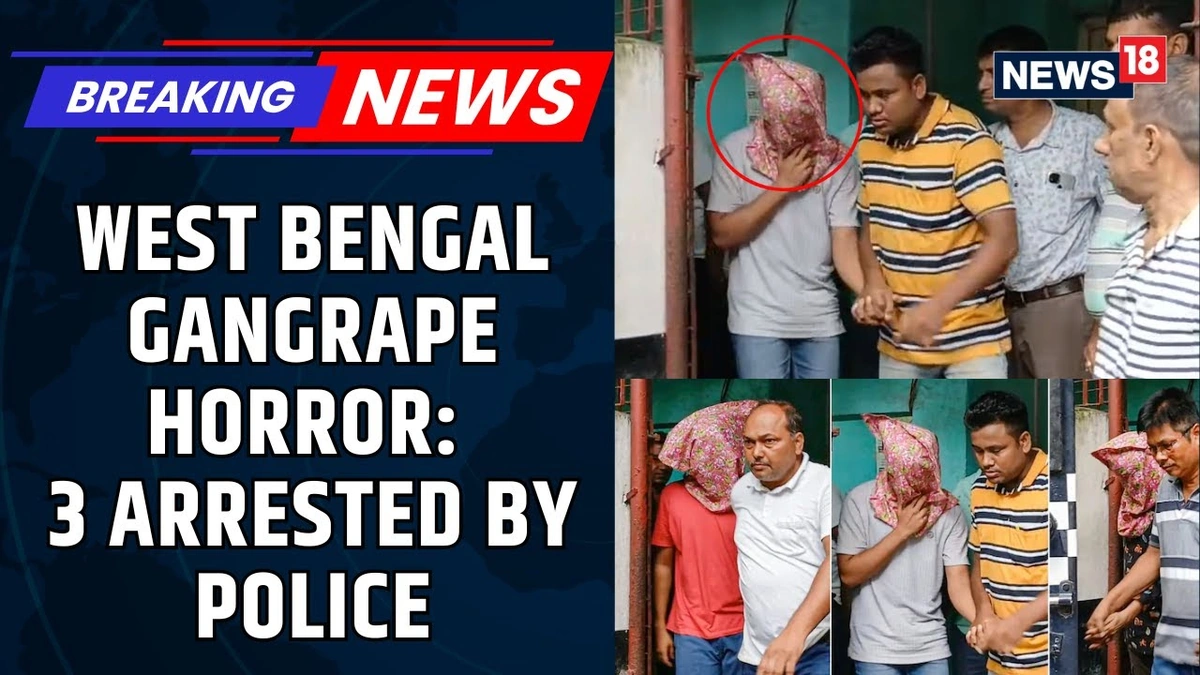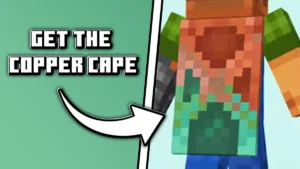Global Panic Erupts | Contaminated Cough Syrup Kills 20 Children in India
It’s a parent’s worst nightmare. You trust a medicine to heal your child, not harm them. But what happens when that trust is shattered? News of contaminated cough syrup causing the tragic deaths of 20 children in India has sent shockwaves globally. But let’s be honest, headlines only scratch the surface. Let’s dive into the ‘why’ and, more importantly, what it means for us, the everyday consumers, in India.
The Bitter Truth | What’s Really Happening?
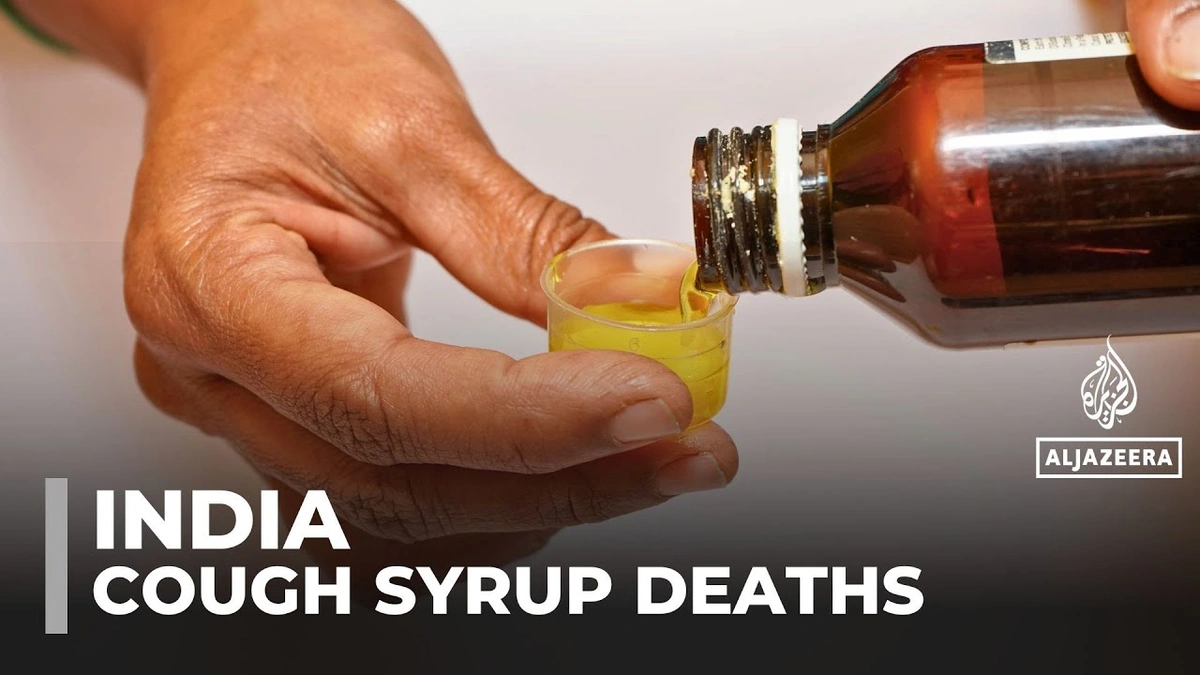
Here’s the thing: these cough syrup deaths aren’t isolated incidents. They point to a systemic problem within the pharmaceutical supply chain – a problem that demands our immediate attention. We are observing this incident while the world is still trying to recover from the 2022 Gambia incident where over 70 children died due to similar reasons. The primary culprit often involves the presence of toxic substances like diethylene glycol (DEG) or ethylene glycol (EG) – industrial solvents finding their way into medicines. Now, you might ask, how does this happen? Well, it boils down to lax regulations, substandard manufacturing practices, and a lack of rigorous testing.
What fascinates me is the sheer complexity of the supply chain. From raw material sourcing to manufacturing and distribution, there are numerous points where contamination can occur. And, unfortunately, some unscrupulous manufacturers cut corners to increase profits, disregarding safety protocols.
Why This Matters to You, Sitting Right Here in India
Okay, so this happened. Why should you care, sitting comfortably with your chai? Because this isn’t just a statistic. It’s a harsh reminder that even over-the-counter medications aren’t always safe. Pharmaceutical quality control in India is under intense scrutiny, and for good reason. The implications extend beyond cough syrups. It raises serious questions about the safety of all medications available in the market. Are the drugs we are consuming really safe? Are the regulatory bodies doing their job well enough? These are important questions that need to be addressed now! You, your family, your neighbors – everyone is potentially at risk. This also has implications in the global market.
How Can You Protect Yourself and Your Family? A Practical Guide
Feeling a bit anxious? I get it. But knowledge is power. Here’s what you can do, starting today:
- Always Buy from Reputable Sources: Stick to licensed pharmacies and avoid buying medications from unverified online sources. It might seem obvious, but it’s crucial.
- Check for Authentic Packaging: Look for signs of tampering, such as broken seals or damaged packaging. Don’t hesitate to reject the medication if anything seems off.
- Consult Your Doctor: Before taking any medication, especially for children, consult a qualified doctor. Discuss potential risks and side effects. Self-medication can be dangerous.
- Be Aware of Drug recalls : Stay updated on any drug recalls issued by regulatory authorities. You can usually find this information on government websites and news outlets.
- Report Suspicious Activity: If you suspect a counterfeit or substandard medication, report it to the appropriate authorities. Your vigilance can help protect others.
I initially thought this was straightforward, but then I realized how many people simply trust that the medicines they buy are safe. This incident highlights the importance of being a cautious and informed consumer.
The Role of Government and Regulatory Bodies
Of course, the onus isn’t solely on the consumer. Governments and regulatory bodies need to step up their game. Stringent regulations, regular inspections, and severe penalties for violations are essential to deter manufacturers from cutting corners. What fascinates me is that despite global alerts, these incidents keep happening.
The government is working on strengthening the regulatory framework for the pharmaceutical industry. This includes measures such as mandatory testing for raw materials and finished products, enhanced surveillance of manufacturing facilities, and stricter penalties for non-compliance. Whether they are going to actually improve the situation remains to be seen. Substandard medicines should not be allowed into the market at any cost.
FAQ | Your Burning Questions Answered
Frequently Asked Questions
What are the symptoms of diethylene glycol (DEG) poisoning?
Symptoms can include vomiting, diarrhea, abdominal pain, kidney failure, and neurological problems. Seek immediate medical attention if you suspect poisoning.
How can I identify a fake cough syrup?
Check for inconsistencies in packaging, labeling, and color. If the price is too good to be true, it probably is.
What should I do if I suspect my child has consumed contaminated cough syrup?
Seek immediate medical attention. Do not try to treat the symptoms at home.
Where can I report a suspicious or substandard medication?
You can report it to the Central Drugs Standard Control Organisation (CDSCO) or your local drug control authority.
The most important thing you absolutely must remember is that your health and safety are paramount. Don’t be afraid to ask questions, do your research, and demand transparency. A common mistake I see people make is blindly trusting the system. While the system is in place to protect us, it’s not foolproof. Stay informed, stay vigilant, and stay safe. Remember awareness is your first step to safety. As investigations continue, we must all take proactive steps to protect our loved ones. The world is grappling with the devastating consequences of these contaminated medications , underscoring the urgent need for stricter quality control measures and increased vigilance.
Ultimately, the why behind these pharmaceutical scandals isn’t just about negligence or greed. It’s about a broken system that prioritizes profit over human life. Let’s demand better.
It’s time for a change in how medicines are made. It is also time to check out the future of our cities.
